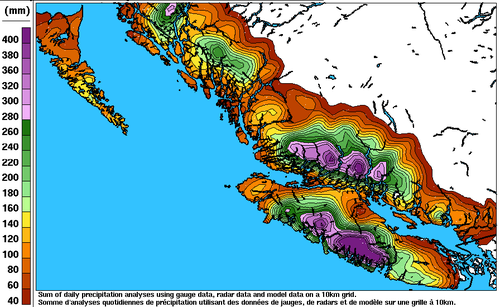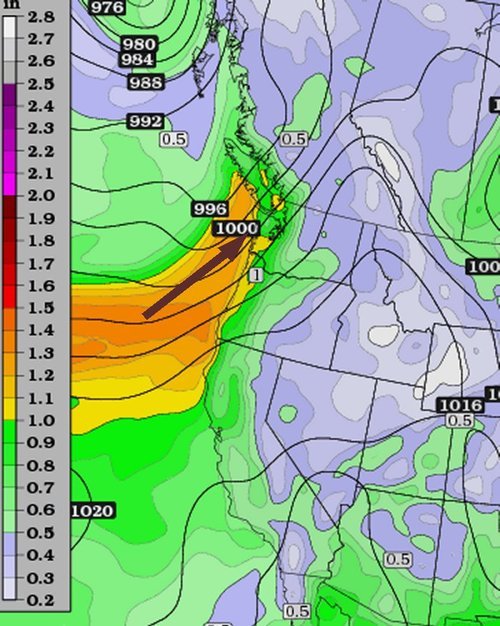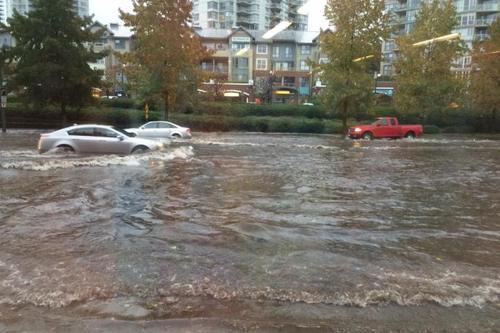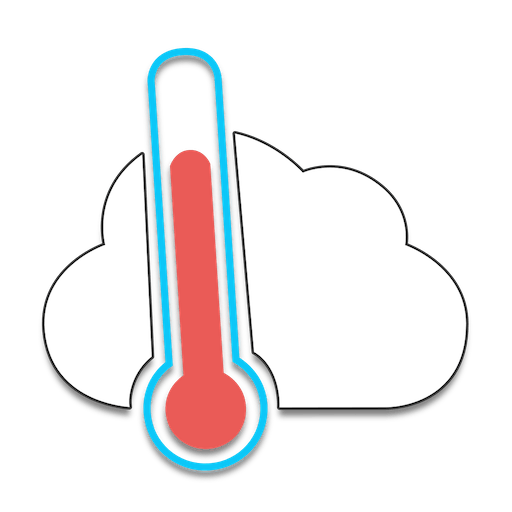West Coast Hit With Strong Winds, Heavy Rains
The West Coast of North America has been subject to several systems after coming onshore in the past couple weeks, bringing with them heavy rains and strong winds which has led to flooding. Once again, the culprit for the moisture-laden systems in this region has been the atmospheric river. This atmospheric river is a term used for streams of moisture typically originating in the tropics, which head Poleward. Eventually the water precipitates out – it is often enhanced along the west coast due to orographic precipitation, leading to flooding.

Earlier this week, the BC coast was hardest hit where over 400mm fell on parts of Vancouver Island in 6 days. Flood watches were issued as towns on the Island watched waters rise. The towns of Courtenay and Port Alberni were soaked with over 150mm by Wednesday – some residents were forced to evacuate their homes due to the rising waters. Strong winds were also a problem; gusts over 100km/h were recorded across the coast, even in large cities such as Portland, OR. These winds knocked out power to roughly 75,000 residents in BC alone. In addition to the wind and rain, landslides also became of concern in Southern California. Saturated grounds led to a large slide in Camarillo Springs, CA, which affected over a dozen houses.

The system even brought a weak EF-0 tornado which was spun-up in one of the stronger rain bands that came onshore. The tornado passed through a small area in southern Los Angeles yesterday morning and stripped roofs of their tiles – no one was injured thankfully. Reports of 60-100mm were common along the Californian coast, but localized amounts of 200mm or higher did occur. The highest precipitation report as of Friday came from an area in the northern Sierra Nevada Mountains where 450mm of precipitation fell; the amounts here were enhanced by orography.
Unfortunately models are showing another system impacting most of the West Coast early next week, not leaving much time for things to dry out.


